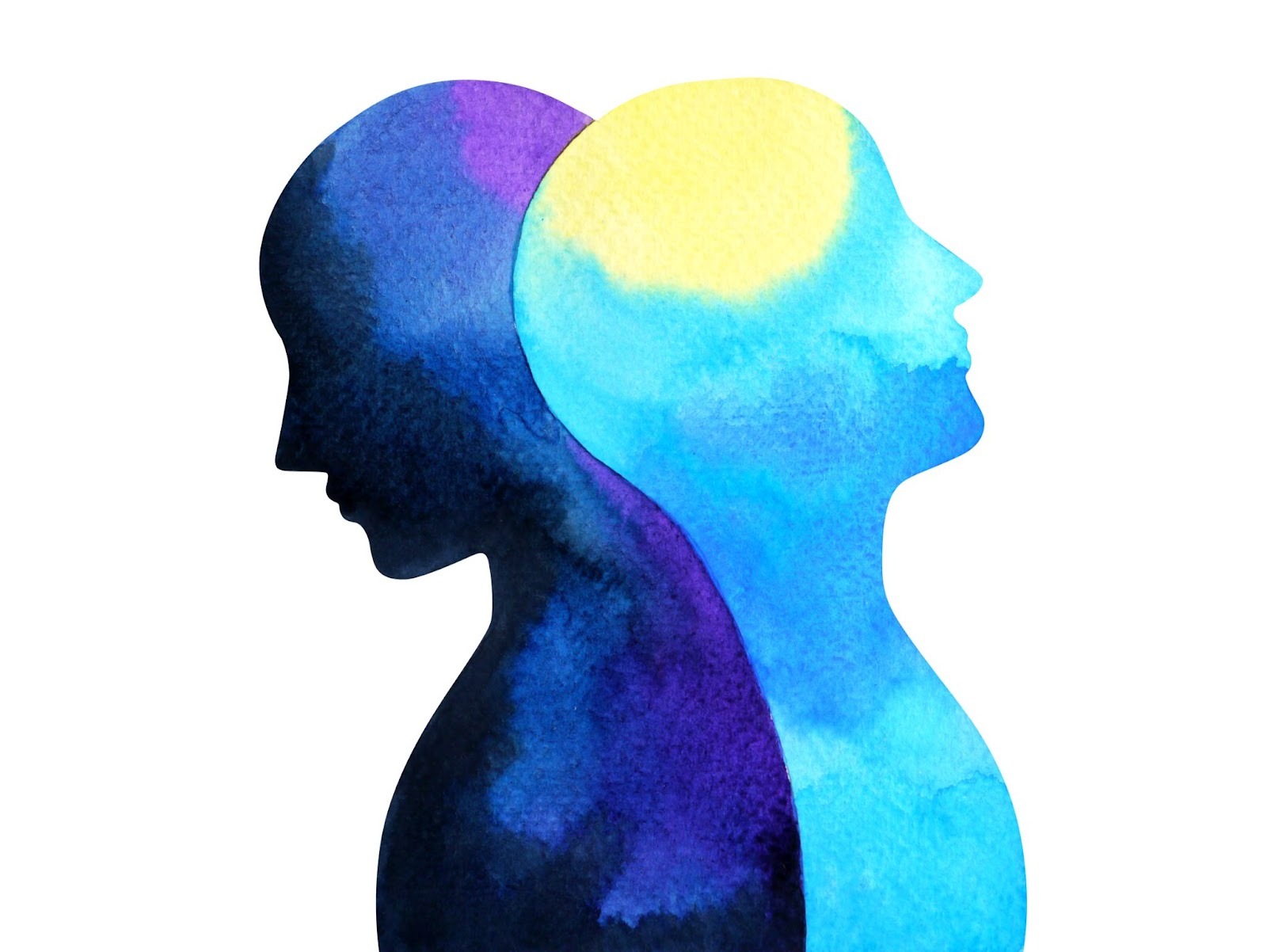Schizophrenia is a neurological disorder where one is unable to distinguish reality from imagination. The strange personality traits caused by schizophrenia can be alarming and confusing for both the sufferer and his surrounding loved ones. An estimated two million Americans suffer from this disorder.
Generally, schizophrenics first experience symptoms in their adolescent years.
Key Takeaways:
- Schizophrenia is a chronic neurological disorder that affects how a person perceives reality.
- Up to 50% of people with schizophrenia also experience substance use disorders, often as a form of self-medication.
- Drugs don’t cause schizophrenia but can worsen symptoms, increase relapse risk, and interfere with treatment.
- Integrated treatment—addressing both conditions together with therapy, medication, and detox—is the most effective approach.
- Recovery is possible with consistent care, compassion, and professional support.
Schizophrenia Symptoms and Behaviors
Those suffering from schizophrenia typically experience one or more of the following symptoms:
- Hallucinations: Hearing voices, or smelling, feeling, or seeing things that are not real. (This is the most common symptom.)
- Unusual beliefs: Believing that which is clearly untrue.
- Disordered thinking: Distorted thoughts will often result in muddled or irrelevant speech.
- ‘Negative symptoms:’ Experiencing social withdrawal and/ or limited ability to express oneself.
- Highly disordered behavior: Behaviors that appear completely strange and inappropriate.
As a result of these symptoms, schizophrenics will likely experience interpersonal issues and will have difficulty responding appropriately to social situations. In short, schizophrenics will find it difficult to function normally.
Drug Use as a Mental Illness
Substance use disorder (SUD) is an illness. Drugs change the way the brain is wired, causing those addicted to crave more drugs, despite their dangerous repercussions. When SUD is paired with a mental illness, such as schizophrenia, the combination is referred to as a ‘co-occurring disorder.’ 50% of those with a substance use disorder will be suffering from an underlying mental health condition, and vice versa.

Schizophrenia and Substance Use
Schizophrenia and substance abuse often occur together. Studies have shown that schizophrenics have an extremely high rate of drug abuse disorders - far more than the general population.
Many people with schizophrenia turn to drugs in an attempt to soothe distressing symptoms such as anxiety, isolation, or cognitive impairment, using substances to self‑medicate when other types of support feel unavailable. Research also points to underlying brain‑reward circuit irregularities and shared genetic vulnerabilities that make people with schizophrenia particularly prone to substance use disorders.
Statistics of People with Schizophrenia Who Use Drugs
An estimated 50% of schizophrenics have a history of drug abuse. One study found 47% of people with schizophrenia struggled with alcohol abuse. Other studies found the rate of smoking in schizophrenics at an astounding 90%.
Can Drugs Cause Schizophrenia? The Connection Between Drugs and Schizophrenia
The connection between drugs and schizophrenia is that schizophrenics will very likely take drugs to self-medicate and come to rely on them to relieve themselves of their symptoms.
Drug-Induced Schizophrenia
Schizophrenia and Alcohol
Alcohol doesn’t cause schizophrenia, but it can seriously worsen its course. It can amplify symptoms like paranoia or depression, interfere with medications, and increase the risk of relapse or hospitalization.
Schizophrenia and Weed
Marijuana use has been shown to trigger or worsen psychotic symptoms in people with schizophrenia, especially when used frequently or at a young age. It can increase paranoia, reduce motivation, and interfere with treatment response.
Can Meth Cause Schizophrenia?
Methamphetamine can intensify psychotic symptoms and make them harder to treat, even in people already diagnosed with schizophrenia. It’s been linked to more severe delusions, heightened agitation, and longer recovery times after psychotic episodes.
Can Cocaine Cause Schizophrenia?
Cocaine use can sharply escalate symptoms of schizophrenia, leading to increased aggression, paranoia, and disorganized thinking. It also raises the risk of psychotic relapse and can reduce the effectiveness of antipsychotic medications.
Psychedelics and Schizophrenia
Psychedelics like LSD or psilocybin are especially risky for individuals with schizophrenia, often intensifying hallucinations and delusions. They may destabilize mood, blur reality even further, and trigger lasting psychological distress.
Although drugs do not actually cause schizophrenia, substance abuse will affect those who suffer from schizophrenia in harmful and severe ways.
Other possible effects include:
- One might terminate mental health treatment
- Day-to-day activities might seem more difficult than usual
- Hospital visits can become more frequent
- Schizophrenics can become more violent
- Suicidal attempts become more likely

Treating Both Conditions Together
Instead of treating schizophrenia and drug addiction separately, schizophrenia and substance abuse treatment can be provided at the same time for the most effective results.
Detoxification (detox) treatment is usually the first step, where the user’s body is cleansed from the drug, making it possible to accurately assess the severity of the schizophrenia and decide on a course of action.
In addition to medications such as antipsychotics, the following behavioral therapies will often be included in the treatment plan:
- Cognitive Behavioral Therapy (CBT) - Talk therapy that helps the client analyze and form healthier responses to difficult situations.
- Dialectical Behavior Therapy (DBT) - Another form of talk therapy that teaches important skills to help manage difficult emotions.
- Motivational Interviewing - An empowering form of therapy that helps the client resolve difficult emotions and find the internal motivation to change for the better.
Dual Diagnosis Rehabilitation Centers
If you or someone you know suffers from a dual diagnosis of schizophrenia and substance abuse, know that despite it being a chronic illness, symptoms of schizophrenia are treatable. There are many care options out there like inpatient dual diagnosis treatment centers and other long term options . Our staff at Avenues Recovery are experts at treating dual diagnosis. No one deserves to have their lives controlled by addiction or mental illness. Talk to one of our detox & dual diagnosis consultants today to experience the highest quality care and complete support and guidance every step of the way.
FAQs: Schizophrenia and Substance Use
1. Why do people misuse drugs if they have schizophrenia?
Living with schizophrenia feels isolating and frightening. They turn to substances in an effort to quiet the voices, numb the fear, or escape the confusion, especially when they feel like no one truly understands what they’re going through.
2. Can drugs actually cause schizophrenia?
No substance directly causes schizophrenia, but some, like marijuana, LSD, or meth, increase the risk in people who are already vulnerable. More often, drug use worsens symptoms, delays diagnosis, or makes treatment less effective.
3. What happens when someone with schizophrenia uses drugs or alcohol?
Substances can make symptoms more intense, increased paranoia, deeper confusion, and the person might become harder to reach emotionally. It also interferes with medications and makes recovery feel out of reach. But with the right help, things will get better.
4. Is it possible to treat both schizophrenia and addiction at the same time?
Yes, you can treat schizophrenia and drug abuse together. Treating both together is called dual diagnosis care. A combined approach gives someone the best chance at managing symptoms, regaining control, and building a more stable life.
5. What should I do if someone I love is using drugs and showing signs of schizophrenia?
It’s hard to watch someone you care about struggle. Start by approaching them with compassion, not criticism. Encourage them to seek help and remind them they’re not alone, because that is the hardest part. Professional support is available, and healing often begins with one honest conversation.
6. Does recovery mean they’ll be “cured”?
Schizophrenia is a chronic condition, but with the right treatment and support, they will find real relief, regain independence, and reconnect with their lives. Recovery doesn’t mean being symptom-free, it means finding stability, strength, and hope again.
7. Where can we turn for real help right now?
If you or someone you love is facing both schizophrenia and substance use, you don’t have to navigate it alone. Reach out to a trusted treatment provider experienced in dual diagnosis care. Help is here, and healing is possible.



